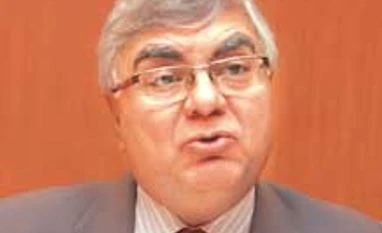"So far PNs issued by the FIIs to overseas investors were not taxed by the Income Tax department. But after deliberations in the finance department, the PN holders may be taxed in the next budget", Shome said at an interaction organised by ICAI here today.
He said that internationally, PN holders were taxed by countries where their investments were routed through FIIs.
More From This Section
Shome said the revised Direct Tax Code of 2013, the erstwhile practice of granting EEE (exempt, exempt, exempt) to savings at the time of investments, accruals and withdrawal had been retained as there was substantial opposition to the EET (exempt, exempt, tax) as proposed in the original DTC of 2009.
He had also supported the 35% marginal tax slab for individuals and HUF for income for than Rs 10 crore or more per year.
According to him, this new tax rate had been introduced to impart equity in tax administration as well as to bring efficiency gains.
In countries like UK, Chile, Germany, South Africa and such marginal tax slabs were much higher.
In case of wealth tax, the revised DTC proposed that the the dividend distribution tax (DDT) for incremental dividend in excess of Rs one crore would be taxed in the hands of the shareholders.
Corporate tax would be retained at the 25% level, he said.
)